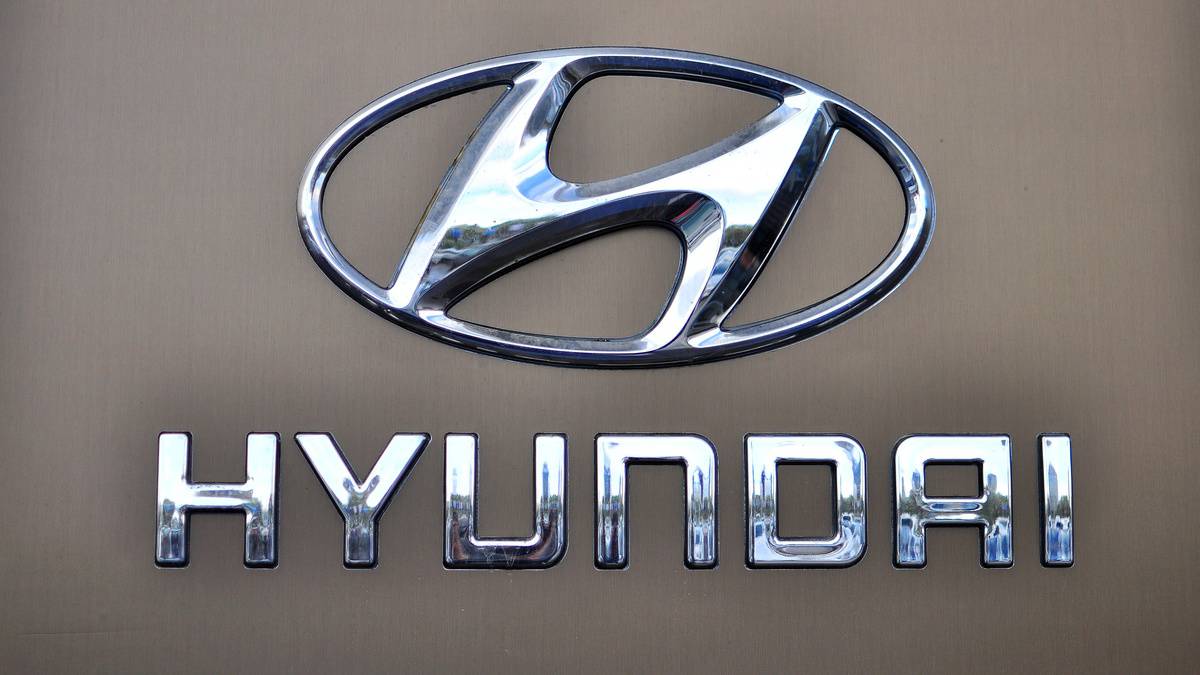South Korean automaker Hyundai reportedly acquired General Motors’ existing Indian factory in Maharashtra on Wednesday.
Hyundai expects the Talegaon factory to contribute to reaching an annual production capacity of 1 million units in the local market.
Even more, the automaker aims to raise that initial output to 1.5 million units once it completes the Anantapur factory expansion for Kia models.
With this significant production ramp-up, India would advance as the company’s largest manufacturing hub before China and the US.
Agreement
Hyundai Motor India VP Kim Eon-soo and General Motors VP Asif Khatri officially inked the Memorandum of Understanding to acquire the latter’s Indian factory on August 16.
The companies expect the acquisition process to conclude by the end of 2023. It is apparently still waiting for the necessary permit from the Indian government, among others.
Hyundai initially plans to expand the Talegaon factory. It will immediately begin full-scale vehicle production by 2025. According to industry experts, the automaker can successfully boost the factory’s prior output of 130,000 units to about 200,000-300,000 units.
On the other hand, its Chennai factory can produce 820,000 units. Meanwhile, the Kia plant in Anantapur can build 340,000 units.
Overall, Hyundai can reach an annual production output of approximately 1.5 million units annually.
The Chennai factory will have an electric vehicle production line. Meanwhile, the Talegaon plant will operate as a “buffer zone” for the company’s “phase-by-phase” EV transition in India.
See Also:
- Hyundai India set record sales figures in 2022
- Hyundai to strengthen its presence in India with five new EV models
- Boston Dynamics launches Spot robot dog while Hyundai debuts Ioniq 5 EV at Auto Expo 20
- Hyundai IONIQ 5 to arrive in India, while reservations begin on December 20
- NHTSA launches safety probe into 2022 Hyundai Ioniq 5 over power loss isssues
This significant expansion project is indeed a remarkable strategy for Hyundai to solidify its presence in the Indian automotive industry. It will also aid its electrification initiatives in the global market. For context, India is currently the third-largest automotive industry worldwide.

